This is code that works for me (VS2017) - project with Unicode enabled
#include <stdio.h>
#include <io.h>
#include <fcntl.h>
int main()
{
_setmode(_fileno(stdout), _O_U16TEXT);
wchar_t * test = L"the 来. Testing unicode -- English -- Ελληνικά -- Español." ;
wprintf(L"%s\n", test);
}
This is console

After copying it to the Notepad++ I see the proper string
the 来. Testing unicode -- English -- Ελληνικά -- Español.
OS - Windows 7 English, Console font - Lucida Console
Edits based on comments
I tried to fix the above code to work with VS2019 on Windows 10 and best I could come up with is this
#include <stdio.h>
int main()
{
const auto* test = L"the 来. Testing unicode -- English -- Ελληνικά -- Español.";
wprintf(L"%s\n", test);
}
When run it "as is" I see

When it is run with console set to Lucida Console fond and UTF-8 encoding I see

As the answer to 来 character shown as empty rectangle - I suppose is the limitation of the font which does not contain all the Unicode gliphs
When text is copied from the last console to Notepad++ all characters are shown correctly


